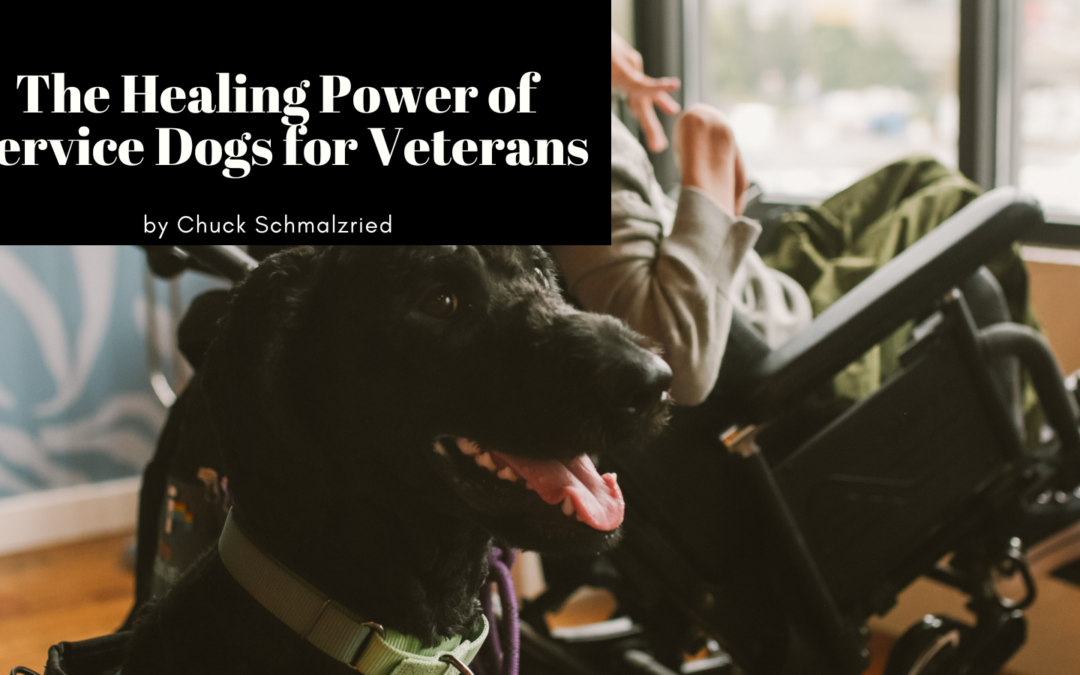The bond between humans and dogs is special, marked by loyalty, companionship, and an unspoken understanding. For veterans dealing with the physical and emotional challenges that often accompany military service, service dogs have emerged as powerful allies in the journey toward healing and recovery.
Companionship and Emotional Support: Service dogs provide constant companionship, offering a unique form of emotional support for veterans navigating the complexities of civilian life after service. The unconditional love and non-judgmental presence of these canine companions can significantly alleviate symptoms of anxiety, depression, and post-traumatic stress disorder (PTSD).
Assistance with Physical Challenges: For veterans with physical disabilities, service dogs are trained to perform specific tasks that enhance independence and mobility. From retrieving items to opening doors and providing stability while walking, these dogs become invaluable partners, helping veterans regain a sense of autonomy in their daily lives.
Alleviating Symptoms of PTSD: Post-traumatic stress disorder can manifest in various ways, affecting the mental and emotional well-being of veterans. Service dogs are trained to sense changes in their handler’s mood and intervene when anxiety or panic attacks occur. A trained service dog’s calming presence can interrupt the distress cycle and provide grounding during challenging moments.
Navigating Social Situations: Reintegrating into civilian life can be daunting for veterans, especially in social settings. Service dogs act as social buffers, providing a source of comfort and a conversation starter. This can help veterans feel more at ease and connected to their surroundings, facilitating a smoother transition to civilian interactions.
Creating Routine and Structure: The structure that comes with caring for a service dog can be therapeutic for veterans. Daily routines like feeding, grooming, and exercise provide a sense of purpose and stability. This routine is especially beneficial for veterans adjusting to civilian life, helping them establish healthy habits and a sense of normalcy.
Increased Physical Activity: Service dogs require regular exercise, motivating veterans to engage in physical activity. This not only contributes to the overall well-being of the veteran but also serves as a positive outlet for stress and pent-up energy. The bond forged during walks and playtime fosters a sense of joy and connection.
Improved Sleep Patterns: Sleep disturbances are common among veterans after military service. Service dogs are trained to create a safe sleep environment by providing a physical presence, mitigating nightmares, and offering security. Improved sleep quality contributes significantly to overall mental health.
